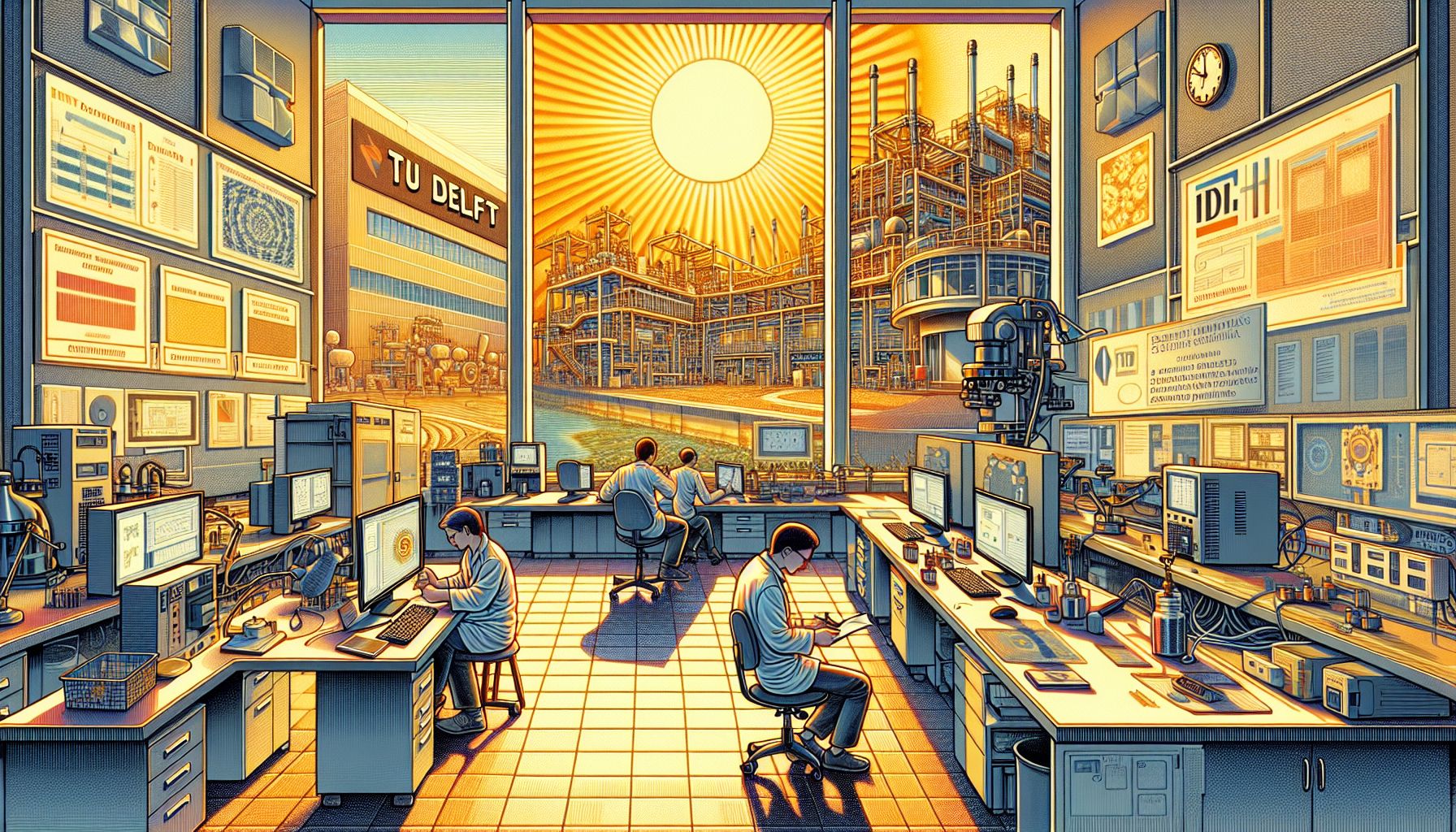TU Delft Pioneers Precision Sensors for Sustainable Microchip Manufacturing

Delft, Wednesday, 15 January 2025.
TU Delft leads a project to develop advanced vibration isolation systems, enhancing sustainability in semiconductor production and addressing environmental challenges in microchip manufacturing.
Revolutionary Sensor Technology for Semiconductor Industry
The semiconductor industry is facing a critical challenge in balancing technological advancement with environmental sustainability. TU Delft’s Compact High-Performance Sensors (CHiPS) project is specifically targeting this challenge by developing innovative vibration isolation systems [1]. These systems are essential for semiconductor production processes, where even minimal vibrations can disrupt operations requiring sub-nanometer precision [1]. The project, led by Associate Professor Nandini Bhattacharya, aims to create sensors approximately the size of a coffee cup that can detect and counteract ground vibrations with unprecedented sensitivity [1].
Technical Innovation and Environmental Impact
The project focuses on developing advanced active vibration isolation techniques, as traditional passive methods have proven insufficient for modern semiconductor manufacturing requirements [1]. These new sensors are designed to maintain stability during the precise positioning of silicon wafers in lithography and inspection processes [1]. The technology is particularly crucial as semiconductors continue to power an expanding range of applications, from medical devices to satellite monitoring systems [1][3].
Institutional Expertise and Collaboration
This initiative leverages TU Delft’s extensive experience in engineering and technology [3]. As the Netherlands’ oldest and largest technical university, TU Delft brings significant expertise to this project through its Faculty of Applied Sciences, which is the university’s largest faculty [4]. The project demonstrates TU Delft’s commitment to its motto ‘Challenge the Future’ [3], particularly in developing sustainable solutions for critical technology sectors.
Future Implications and Development
The development of these precision sensors represents a significant step forward in sustainable semiconductor manufacturing. The project’s focus on creating compact, highly sensitive sensors could revolutionize how microchips are produced [1]. This innovation comes at a crucial time when the semiconductor industry faces increasing pressure to reduce its environmental footprint while maintaining the pace of technological advancement [1].

